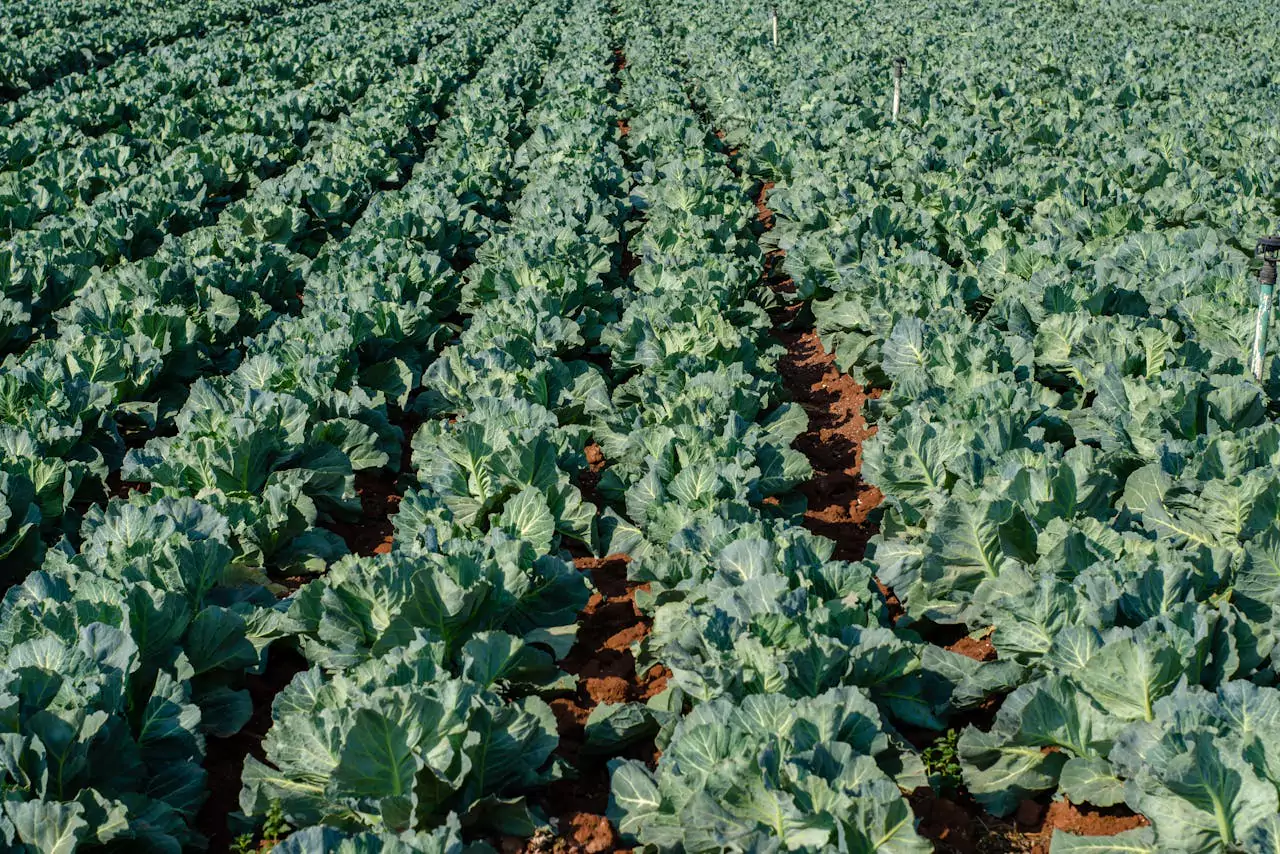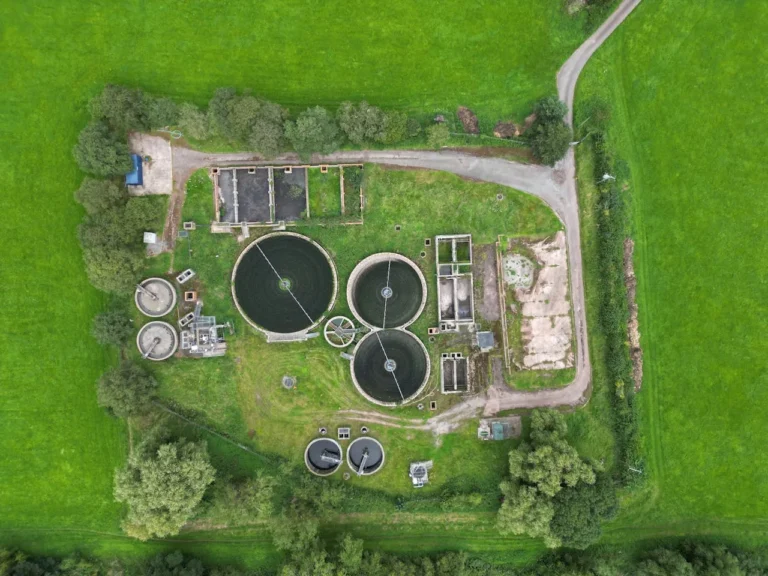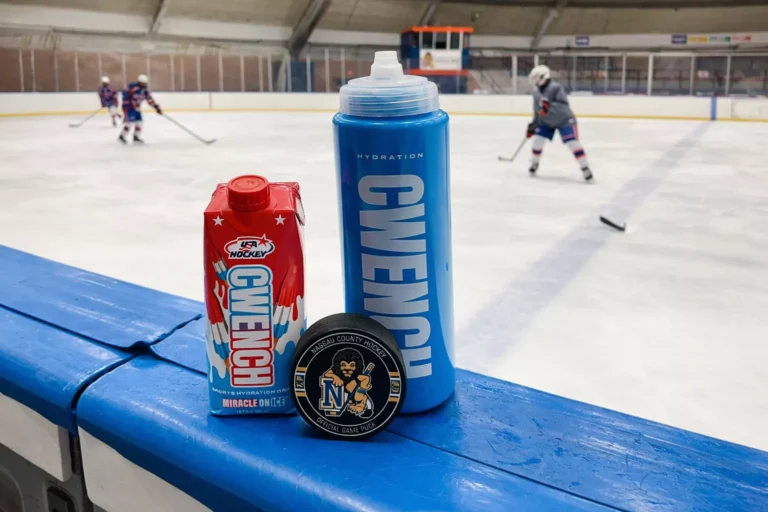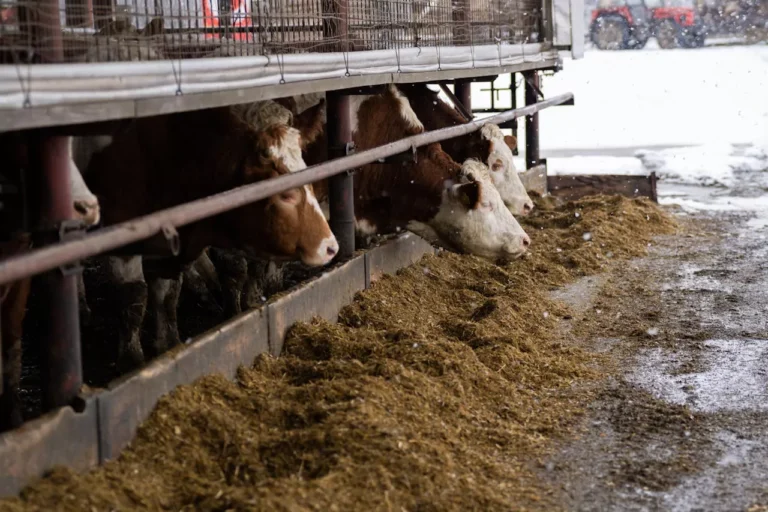
Dole Food Company Hawaii (Dole) has responded to the City and County of Honolulu’s announcement that it is considering Dole’s lands as a potential site for Oʻahu’s next landfill. The company expressed surprise at the decision and stated that it needs time to consult with its partners and community stakeholders before moving forward. While the company is open to discussions with city officials, its immediate concern lies with the agricultural community of Central Oʻahu.
“Our primary focus remains on safeguarding Central Oʻahu’s agricultural community,” said Dan Nellis, General Manager of Dole Food Company Hawaii. “The Wahiawā Irrigation System (WIS) is the lifeblood of agriculture in our region, providing vital water for farming and crucial flood control. Ensuring the continued operation of this system, particularly through its transfer to the State of Hawaiʻi as outlined in Act 218 (2023), is essential to maintaining the viability of agriculture on Oʻahu. Protecting our farmers and the broader community is our top priority at this time.”
Dole has been actively working with state agencies to finalize the transfer of the Wahiawā Irrigation System, including the critical infrastructure of Lake Wilson and the Wahiawā Dam, to the State of Hawaiʻi. This initiative, which is supported by Act 218, passed by the state legislature in 2023, will allow for necessary upgrades to meet modern safety standards and provide opportunities for federal funding that will enhance agricultural and water security for the region.
“The Wahiawā Irrigation System is a cornerstone for over 50 farmers and more than 500 agricultural jobs in Central Oʻahu,” the company said in its statement. “It also plays an integral role in flood control for both Central Oʻahu and the North Shore, making it critical not only to the agricultural sector but also to the broader community’s well-being.”
Dole stressed the urgency of completing the transfer of the Wahiawā Irrigation System to the state. “We urge both the City and the State to recognize the importance of finalizing this transfer without delay,” the spokesperson emphasized. “The irrigation system is vital for ensuring a stable and sustainable agricultural sector in Oʻahu. This system supports the livelihoods of hundreds of farmers, and its ongoing functionality is central to the future of agriculture on the island.”
While Dole acknowledges the significance of the city’s landfill proposal, it emphasized that conversations about the landfill’s potential site should take place after the transfer of the Wahiawā Irrigation System. The company made it clear that the preservation of Oʻahu’s agricultural future is a matter of paramount importance, and any discussions involving land use must prioritize the sustainability of farming operations on the island.
“As stewards of this land, we are deeply committed to protecting Hawaiʻi’s food security, water resources, and agricultural future,” Dole stated. “We are hopeful that the City and County of Honolulu will recognize the necessity of our agricultural infrastructure and the critical role the Wahiawā Irrigation System plays in sustaining Oʻahu’s farms. We remain dedicated to working with all relevant stakeholders to find solutions that benefit both the community and the environment.”
Dole’s response to the landfill selection highlights the company’s commitment to its agricultural roots in Hawaiʻi, where it has been a significant player in the farming industry for decades. The company remains focused on ensuring that agriculture continues to thrive on Oʻahu, especially as local food security and sustainable farming practices become increasingly important to the region.
The transfer of the Wahiawā Irrigation System is a long-standing priority for Dole, and the company has been working alongside state officials to facilitate this transition. Under Act 218, the system’s upgrades and transfer are expected to ensure that it can continue to provide reliable water sources for Oʻahu’s agricultural producers while meeting safety and regulatory standards. The project is also seen as a vital step toward securing additional federal funding to support water infrastructure improvements across the island.
“The agricultural community has long relied on the Wahiawā Irrigation System to provide consistent water supply and manage flood risks. As such, we are committed to ensuring that the system remains in good condition and continues to support farmers for generations to come,” the spokesperson continued. “While we recognize the importance of the landfill proposal, our first priority is the future of Oʻahu’s farmers and the land that sustains them.”
Dole Food Company Hawaii’s statement underscores the vital intersection of agriculture, land use, and community well-being. As the City and County of Honolulu moves forward with its landfill discussions, Dole urges all parties involved to remain focused on preserving Oʻahu’s agricultural heritage and ensuring the continued viability of the Wahiawā Irrigation System, which serves as a critical resource for the island’s agricultural industry.
In conclusion, Dole Food Company remains steadfast in its commitment to the protection of Oʻahu’s agricultural community, water resources, and overall environmental sustainability. While the landfill issue remains a key point of concern, the company emphasizes that the long-term health of agriculture on the island must remain the central focus in any future land use decisions.




